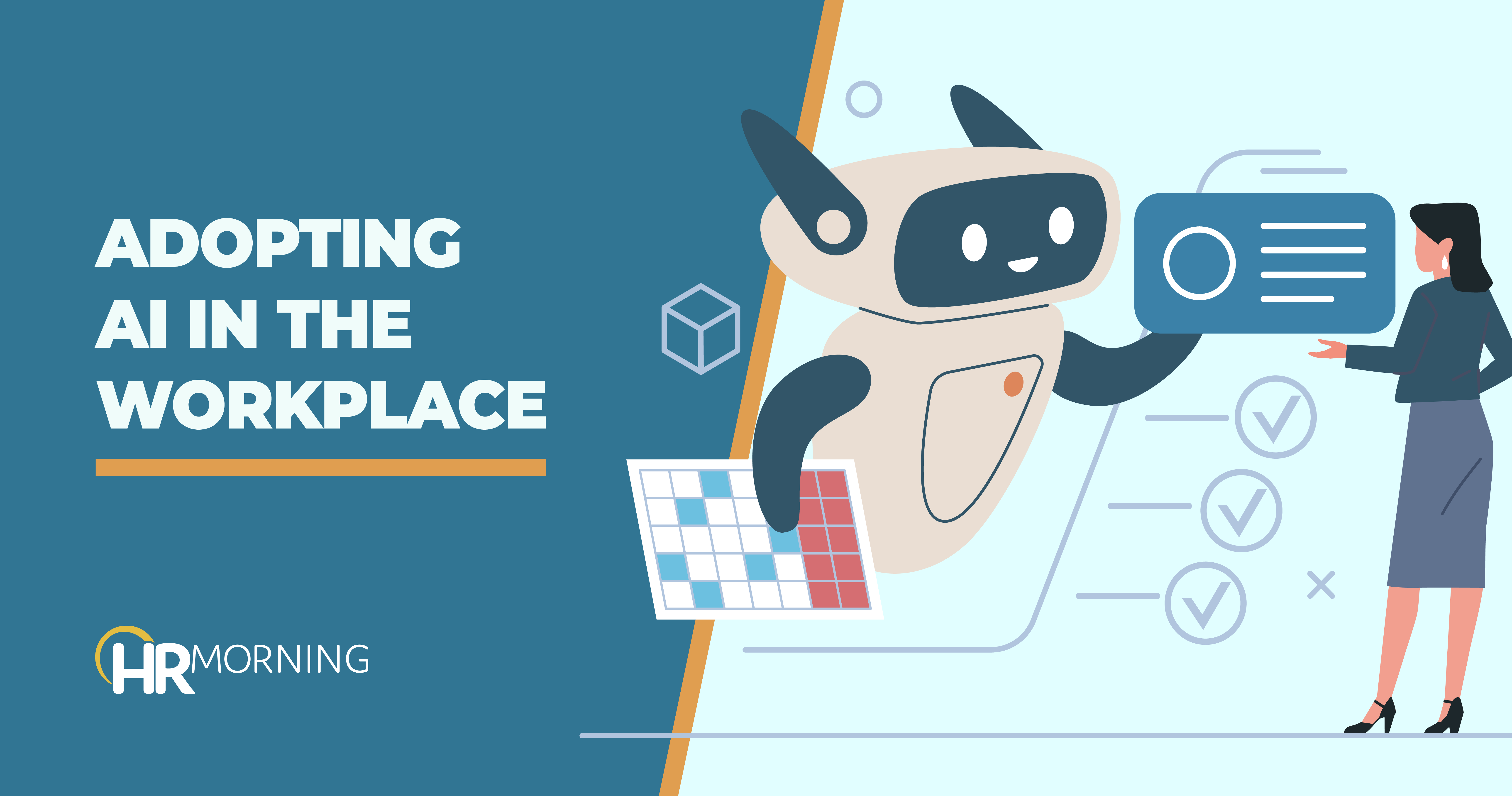AI is a tremendously powerful – and potentially helpful – tool for HR pros. But as an ongoing court case in Massachusetts shows, it comes with dangers that are sometimes hard to detect – and can land employers in court defending claims of a legal violation.
This case was filed by Brendan Baker, who applied for a supply chain position with a CVS in Massachusetts.
As part of its application process, CVS uses video-interview technology that was developed by a company named HireVue, Inc.
Here’s how it works
During an interview that is recorded on video, applicants answer a series of questions including ones like:
- What does integrity mean to you?
- What would you do if you saw someone cheating on a test?
- Tell me about a time that you acted with integrity.
HireVue takes the recording and uploads it to a third-party platform called Affectiva. In turn, Affectiva uses artificial intelligence to take a close look at applicants’ “facial expressions, eye contact, voice intonation, and inflection.”
Based on the resulting data, HireVue then decides whether the candidate is a good “cultural fit,” the court’s ruling says. HireVue then gives each applicant a numerical “employability score” or “competency-level scoring report.”
Wait – that’s a lie detector test?
Here’s the first big red flag CVS may have missed: Baker says HireVue has stated that it can detect whether an applicant “has an innate sense of integrity and honor” – and that it can help with lie detection.
HireVue allegedly also says it can screen out “embellishers” and that it can organize competencies such as reliability, honesty and integrity.
When Baker applied, CVS administered the HireVue interview on him. He says he did not know he was being subjected to a lie detector test – and that he would have backed out if he did.
The problem for CVS is that a Massachusetts statute bans employers from subjecting applicants or employees to lie detector tests as a condition of employment. The law also requires that all employment applications include a notice saying lie detector tests are prohibited.
Suit alleges violation of statute
Baker sued, accusing CVS of violating the state lie detector law. He wants the court to declare the application process unlawful and ban its use. He separately alleges that CVS broke the law by subjecting him to a lie detector test and declining to provide him with the notice that the law requires.
Notably, Baker wants to make the case a class action. He wants to represent everyone who applied for a Massachusetts CVS position and a subclass of those who were subjected to a HireVue interview.
At the district court, CVS took a shot at getting one of Baker’s claims dismissed. Seeking to dispose of the claim that it unlawfully declined to tell Baker on the application that lie detector tests are banned, it argued that the statute does not create a private action to enforce its notice provisions. Alternatively, it argued that Baker lacked standing to challenge the lack of notice.
Suit will proceed
Addressing the question of standing first, the court pointed out that “denial of information to which plaintiffs have a legal right can be a concrete injury in fact.”
Translation: If I have a legal right to information and you don’t give it to me, I may be able to sue you.
Baker has pleaded a concrete informational injury because the provision of the required notice “would have primed him to view the interview more critically,” the court said. It rejected CVS’s argument that he lacked standing to sue for violation of the notice provision.
The court then summarily rejected the argument that the statute does not create a private right of action, noting that the law’s plain language says that it does.
The court thus rejected CVS’s motion and allowed the case to proceed.
EEOC guidance on use of AI
The Equal Employment Opportunity Commission (EEOC) has been very proactive in warning employers about the dangers presented by the use of AI. In May of 2022, it released guidance explaining how using AI as an assessment tool can lead to violations of the Americans with Disabilities Act. It supplemented that guidance in May of 2023 with guidance discussing how AI use can violate Title VII by adversely impacting classes that the statute protects. The EEOC also signed on to a joint agency pledge to remind employers that its enforcement authority applies to automated systems.
Key points on AI for HR
AI is an immensely powerful tool, and it brings to mind a line many of us have heard: With great power comes great responsibility.
This case is not a reason to run away from AI, but it is a strong reminder to use it carefully and responsibly.
A few specific tips:
- When working with third-party vendors, carefully vet the product and how it is used. Diving in with both feet without doing due diligence on the product is a big mistake.
- Understand the potential breadth of the prohibitions involved. Here, the matter involved a specific state law about lie detection. But as noted above, strong considerations relating to discrimination are also at play.
- Be aware of individual state-law requirements. The EEOC guidance addresses federal law, and additional rules may apply in your specific jurisdiction.
The case is Baker v. CVS Health Corp., No. 23-11483 (D. Mass. 2/16/24).


